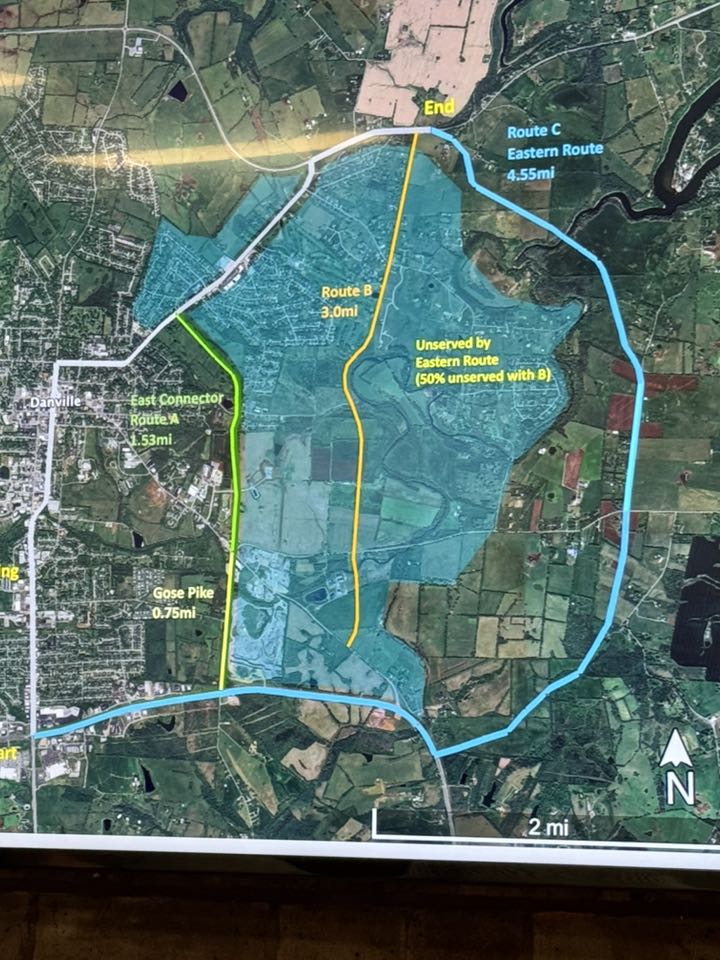Rules against public employees talking to press unconstitutional
Published 5:39 pm Wednesday, October 23, 2019
EDITORIAL
When it comes to principles that define this nation, the First Amendment is about as bedrock as it gets. Freedom of speech is an incredibly powerful right that empowers many who might otherwise be powerless. But many of us don’t realize just how expansive our First Amendment rights are.
A prime example is how many people working for the government believe they cannot speak to a reporter about their work without permission from their employer.
Trending
Countless public agencies today have policies or rules in place that claim to prohibit workers from speaking to the press. These rules often sound iron-clad and make employees fearful that a violation could cost them their jobs.
But the fact is those secrecy rules are unconstitutional and never hold up in court.
A new study from the Breechner Center for Freedom of Information at the University of Florida has detailed just how pervasive these anti-speech rules are, and how courts have time and again reinforced their unconstitutionality.
“Decades’ worth of First Amendment caselaw establishes that public employees have a constitutionally protected right to speak about work-related matters without needing their employer’s permission,” according to the study’s summary. “Policies and regulations that require pre-approval before government employees can discuss their work with the news media are invariably stuck down as unconstitutional when challenged.”
But court rulings upholding workers’ First Amendment rights haven’t translated into new employee handbooks or rule changes that acknowledge those rights.
“A review of state and federal caselaw dating back to the 1940s finds nearly two dozen instances in which a court has struck down a blanket policy requiring public employees to get approval before speaking about their work,” according to the study. “Courts across the country have invalidated the very same media restrictions that government agencies widely enforce today, finding that the restrictions are unconstitutionally broad.”
Trending
Making these unconstitutional rules particularly bad is the fact they are considered “prior restraints” — a legal term for attempts to ban or prevent speech before it can be heard (as opposed to laws that deal with problematic speech after it has been heard, and only if it is actually illegal).
The report suggests one reason government agencies have been slow to acknowledge the rights of their employees is because “at one time, the Supreme Court treated a government job as a ‘privilege’ that could be taken away for any reason, even if the motive was to punish the employee for speaking.”
But that was in the first half of the 20th century. The Supreme Court and judges across the country left that deeply flawed view behind them decades ago. The Supreme Court has since “made it clear that public employees have free-speech rights that cannot be taken away lightly, especially not to prevent or punish speech about issues of public concern,” according to the report.
Agencies documented in the report as still having unconstitutional speech bans in place today include “two-year colleges, such as those within the Kentucky Community and Technical College System.”
We read the KCTCS policy on media relations and confirmed its language is problematic at best.
The policy does quietly acknowledge that “faculty, staff and students may speak with media,” but that fact is nestled subtly inside much stronger language requiring employees to refer media requests to one of the system’s marketing and communications departments.
“All requests for media interviews received by faculty or staff members must be forwarded immediately” to the marketing department, the policy states.
It also requires employees to inform their marketing department if they are interviewed by the media away from a KCTCS campus. The policy states employees should provide “key details from the interview … including the reporter’s name, the media outlet represented, the questions asked and the responses given.”
Anyone reading the KCTCS media policy without knowledge of the court precedents protecting their free speech rights would not believe they have any option to speak to journalists without approval, and would believe they must report any communication with a reporter back to their employer. Neither one of those requirements is allowed by the Constitution.
We picked on KCTCS’ policy, but it’s hardly an outlier. Smaller and smaller agencies are implementing and at times enforcing similar policies.
What should be done? The problem can be addressed, at least at the local level if not everywhere else.
We encourage every public employer in Boyle County to review their policies concerning media contact with employees. Make sure it explains up front that the government cannot limit anyone’s free speech rights. Watch out for language that says employees “must” do anything or behave in certain ways with the media; revise to make it clear the policy consists of recommendations and best practices, not hard-and-fast rules.






